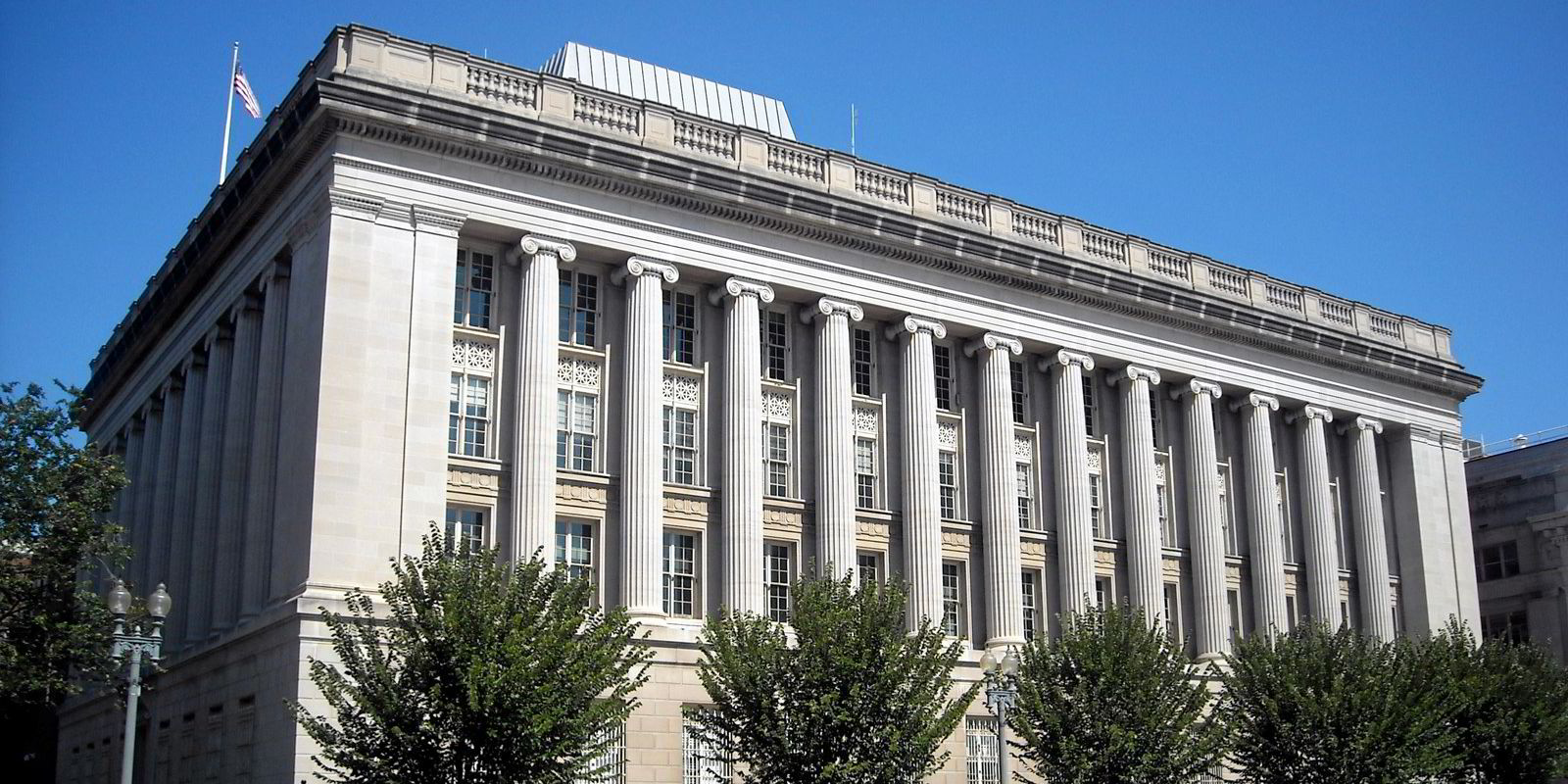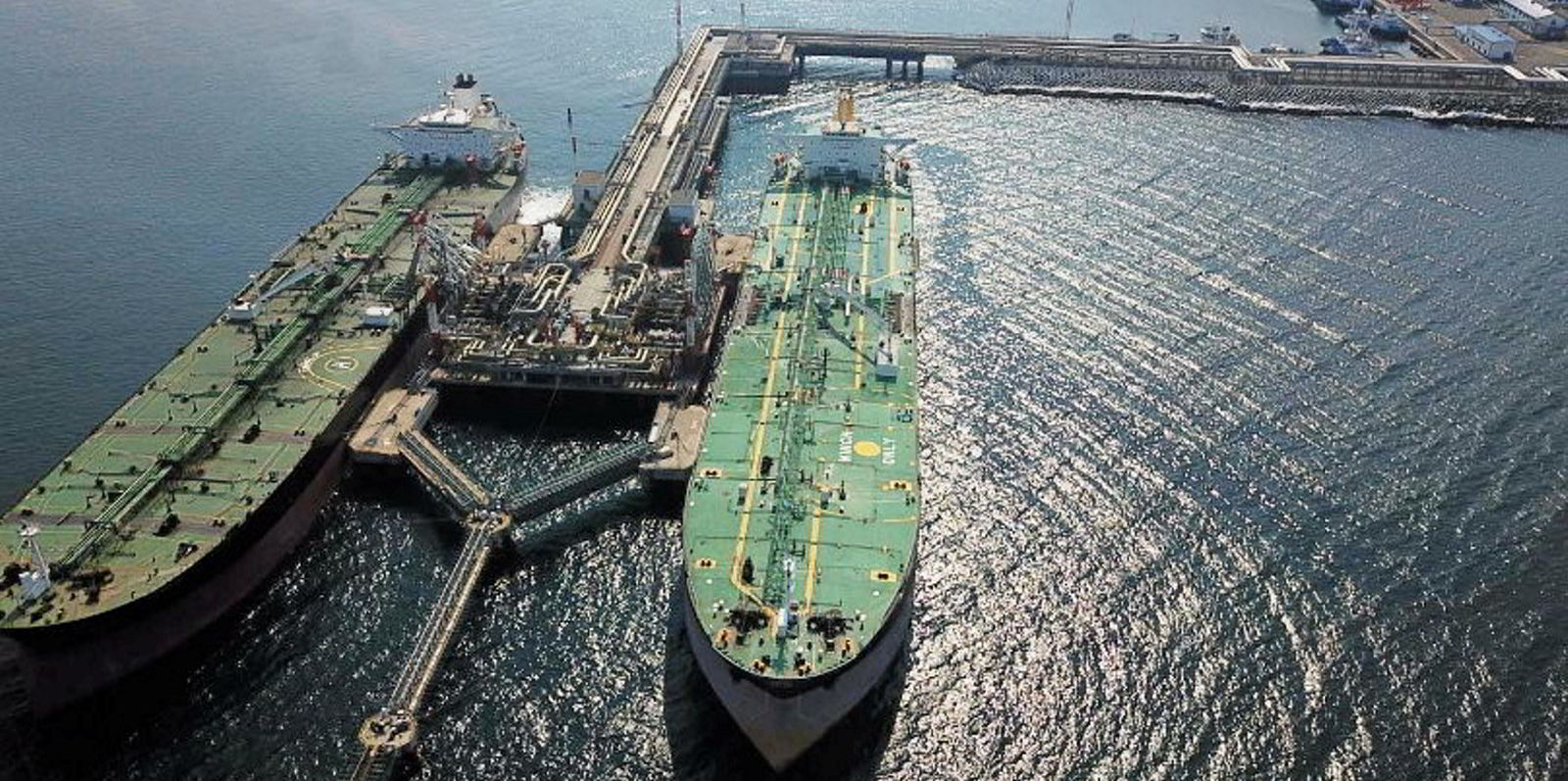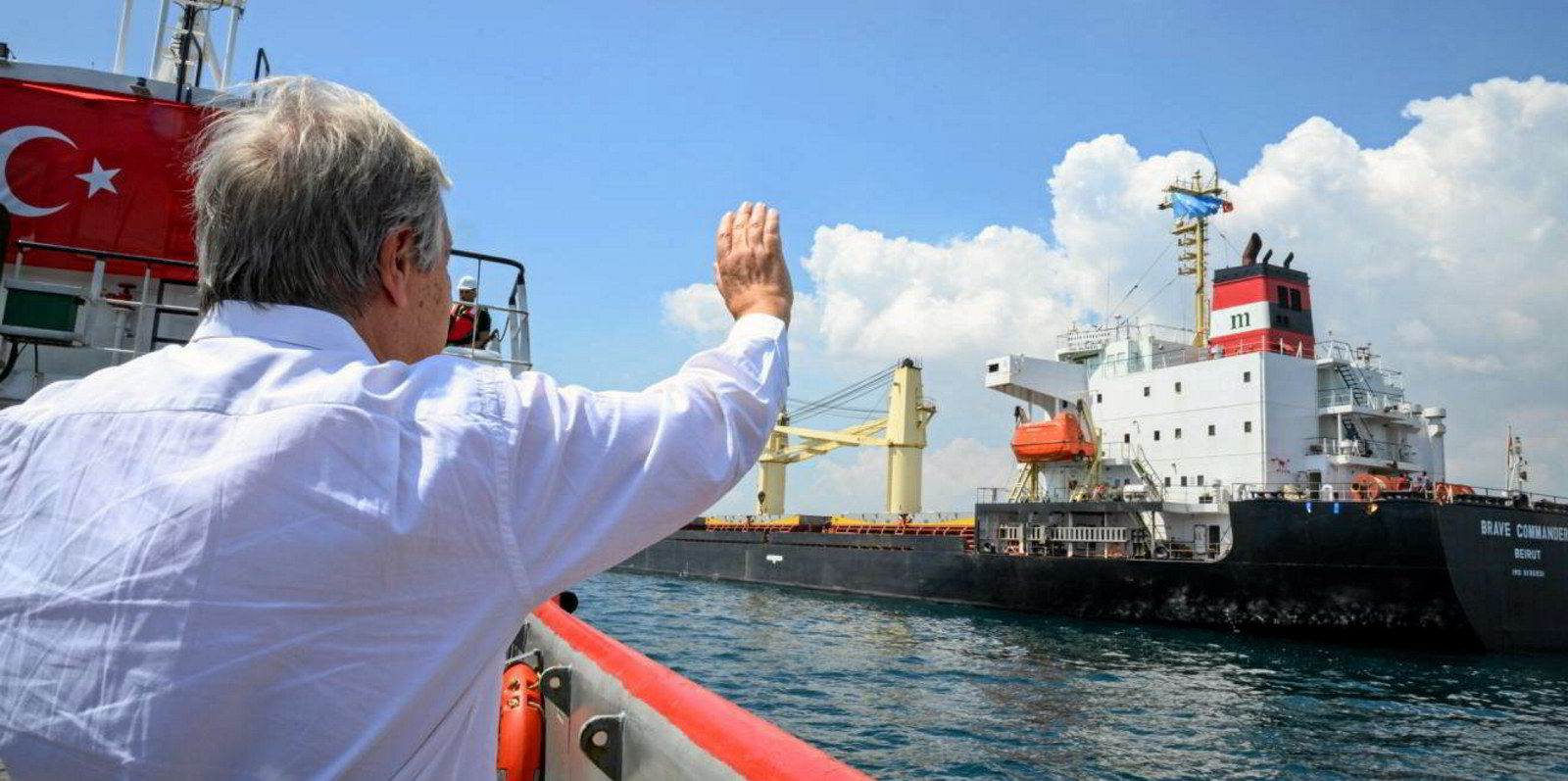The US would be open to reversing sanctions on Russia should it end its invasion of Ukraine.
Speaking at Capital Link’s International Shipping Forum in New York on Monday, Claire McCleskey of the Office of Foreign Assets Control said the US sanctions regime exists to correct behaviour, not punish indefinitely.
“We’ve always been very clear. The power of US sanctions is that they are reversible,” said McCleskey, assistant director at the agency, during a panel on the Russian oil price cap.
“We don’t spend a lot of time thinking about what if the war ended tomorrow.
“If it did, we would be in a whole new world where we would hopefully be able to change our sanctions policy.”
The US and G7 members implemented the crude oil price cap scheme in December, allowing ships and other maritime service providers based in those countries the ability to work with Russian oil cargoes so long as they were sold below $60 per barrel.
A similar oil price cap for refined products was put in February, with a $45 per barrel cap on products trading at a discount to crude and $100 per barrel on products trading at a premium.
McCleskey admitted the cap was an “unusual” measure as it allows business to be conducted subject to certain conditions.
“The price cap is fundamentally a service prohibition. If someone wants to not touch G7 services, there’s no prohibition,” she said.
“If a Chinese company wants to use a Chinese ship and Chinese insurance, that’s not what we’d call evasion in a price cap context.”
Some investors have worried the recent strength in tanker markets was down purely to the war and the resulting oil trade pattern shifts as Europe turns away from Russian oil and China and India pick up imports.
But owners and other market observers argue the fundamentals are strong regardless of the war, with a low orderbook, ageing tanker fleet and rising oil demand.






